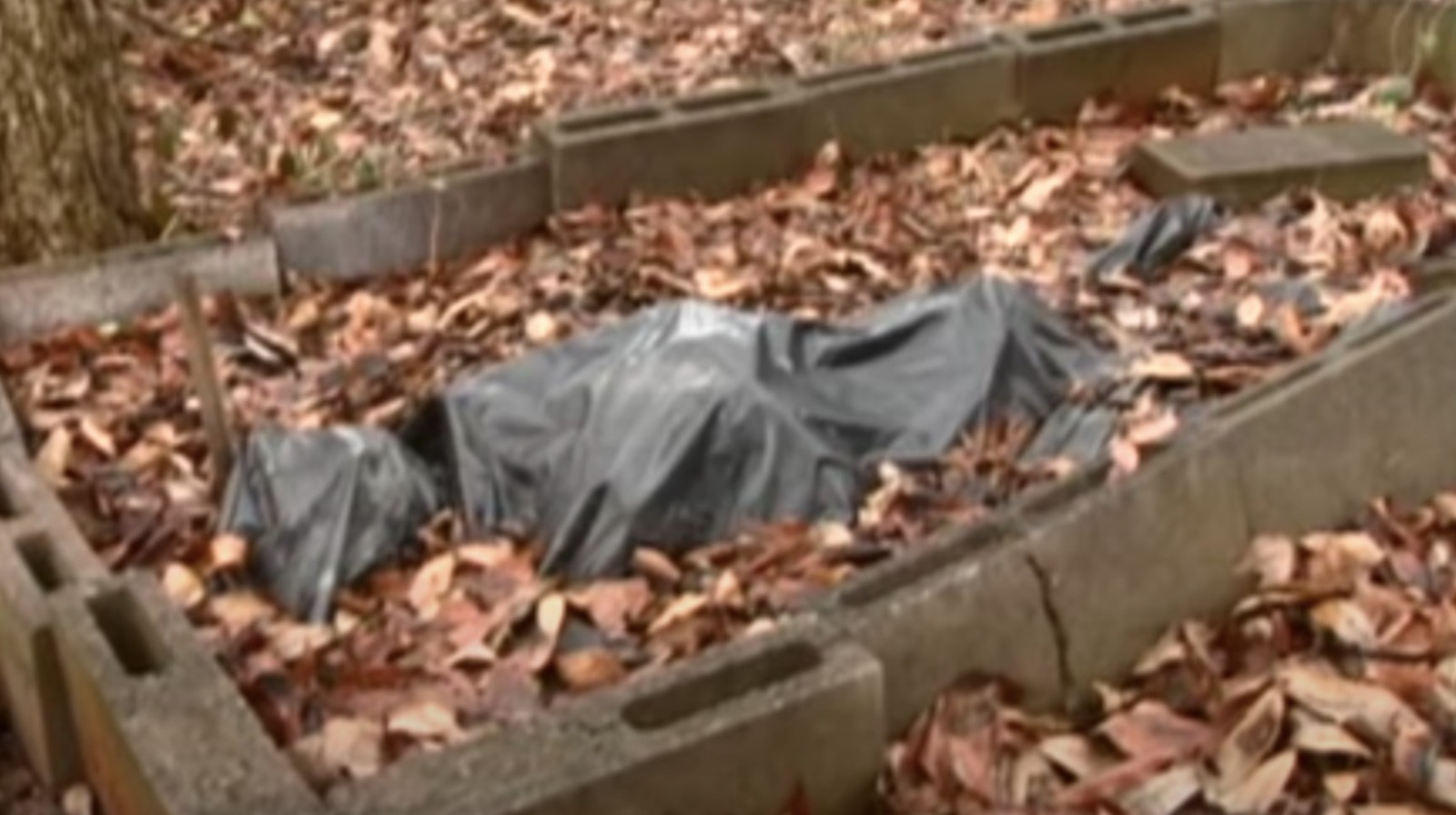Body Farm In Knoxville Tennessee

In the rolling hills of Knoxville, Tennessee, lies a place where death is meticulously studied to serve the living—the University of Tennessee’s Anthropological Research Facility, more famously known as the Body Farm. Established in 1981 by forensic anthropologist Dr. William M. Bass, this groundbreaking facility has revolutionized the field of forensic science by providing real-world insights into human decomposition. Its work has become indispensable for solving crimes, advancing scientific research, and training the next generation of forensic experts.
The Birth of the Body Farm
The idea for the Body Farm was born out of necessity. In the late 1970s, Dr. Bass was tasked with estimating the time of death for a decomposed body found in a wooded area. He realized that, despite his expertise, there was a significant gap in scientific knowledge about how human bodies decompose in various environmental conditions. At the time, most research on decomposition relied on animal remains, which are not always accurate proxies for humans.
To address this gap, Dr. Bass established the Anthropological Research Facility on a secluded plot of land behind the University of Tennessee Medical Center. The facility accepts donated bodies from individuals who willingly contribute to science, allowing researchers to study the natural processes of decomposition in a controlled yet outdoor environment.
How the Body Farm Works
The Body Farm is not a place of morbidity but of scientific inquiry. Bodies are placed in different scenarios to simulate real-world conditions, such as burial, submersion in water, or exposure to the elements. Researchers meticulously document the stages of decomposition, including changes in tissue, bone, and the surrounding environment. This data is then used to develop more accurate methods for estimating the time since death, identifying remains, and understanding the impact of environmental factors on decomposition.
One of the most significant contributions of the Body Farm is the creation of the University of Tennessee Decomposition Database, a comprehensive resource that forensic scientists worldwide rely on to solve cases. This database includes detailed records of decomposition under various conditions, making it an invaluable tool for criminal investigations.
Impact on Forensic Science
The Body Farm’s research has had far-reaching implications for forensic science. For example, it has helped law enforcement agencies distinguish between natural decomposition and signs of foul play, such as trauma or unnatural positioning of remains. The facility’s findings have also been instrumental in training forensic anthropologists, law enforcement officers, and medical examiners, ensuring that they are better equipped to handle cases involving decomposed remains.
Moreover, the Body Farm’s work has influenced legal proceedings by providing scientific evidence that can corroborate or challenge testimonies. Its research has been cited in numerous court cases, helping to secure convictions or exonerate the innocent.
Ethical Considerations
While the Body Farm’s mission is undeniably noble, it raises ethical questions about the use of human remains in research. However, the facility operates with strict guidelines to ensure respect and dignity for the donors. All bodies are donated voluntarily, often by individuals who wish to contribute to scientific progress. Donors and their families are treated with the utmost respect, and the facility maintains confidentiality to protect their identities.
Dr. Bass once remarked, "The donors are our silent teachers. They give us the greatest gift—the gift of knowledge—so that we can help the living."
The Body Farm’s Legacy
Over the decades, the Body Farm has become a global leader in forensic anthropology. Its research has inspired similar facilities around the world, including in Australia, the Netherlands, and the United Kingdom. The facility continues to evolve, incorporating new technologies such as 3D scanning and DNA analysis to enhance its studies.
Key Takeaway: The Body Farm is more than just a research facility; it is a testament to the power of science to serve justice and humanity. By studying death, it helps us better understand life and protect the living.
Visiting the Body Farm
While the Body Farm is not open to the public due to the sensitive nature of its work, its impact is felt far beyond Knoxville. The facility occasionally hosts workshops and training sessions for forensic professionals, and its research is widely published in scientific journals. For those interested in learning more, Dr. Bass’s book, Death’s Acre, provides a fascinating inside look at the facility’s history and work.
FAQ Section
What is the purpose of the Body Farm?
+The Body Farm studies human decomposition to improve forensic science, helping law enforcement estimate time of death and identify remains more accurately.
How are bodies donated to the Body Farm?
+Bodies are donated voluntarily by individuals who wish to contribute to scientific research. Donors and their families are treated with respect and confidentiality.
Is the Body Farm open to the public?
+No, the Body Farm is not open to the public due to the sensitive nature of its research. However, it hosts workshops and training sessions for professionals.
What has been the Body Farm's most significant contribution to forensic science?
+The creation of the University of Tennessee Decomposition Database, which provides critical data for estimating time since death and understanding decomposition processes.
How does the Body Farm ensure ethical treatment of donated bodies?
+The facility operates under strict guidelines, ensuring donors and their families are treated with respect and dignity. All donations are voluntary and confidential.
The Body Farm in Knoxville, Tennessee, stands as a beacon of scientific innovation and humanitarian service. By studying the final chapter of human life, it illuminates the path to justice and understanding, proving that even in death, there is much to learn and much to give.

